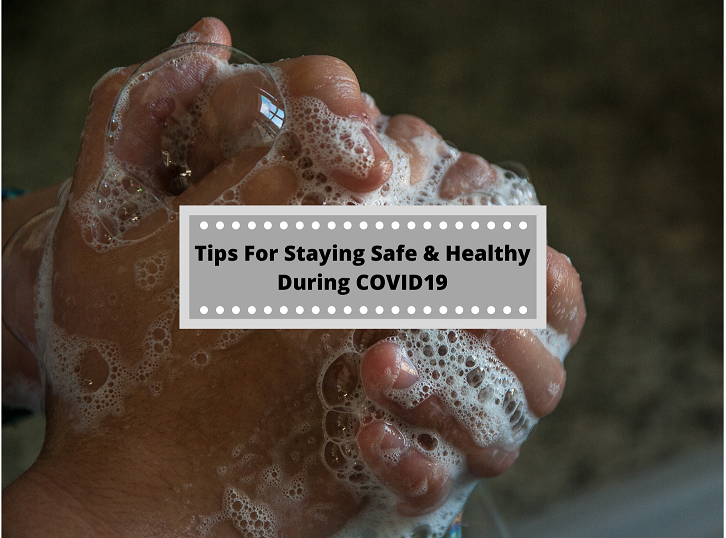Seemingly with each passing hour, there is a new ominous news broadcast regarding the newest location where the Coronavirus has spread and the latest major world event that has been cancelled in the hopes of preventing the microbe from spreading. Amidst all this panic, many people are left wondering how they can protect themselves. Fortunately, an individual’s chances of contracting the virus might be reduced provided they adhere to the following precautionary tips:
Avoid Discernibly Ailing People
Should one notice another person coughing, sneezing or demonstrating any other visible signs of illness, such subjects should be avoided. Sometimes, differentiating between healthy and sick individuals can prove difficult. However, wherever and whenever possible, healthcare experts caution members of the public to avoid noticeably ailing people.
Wash Hands Routinely
One of the most effective germ-busting activities commonly recommended is frequent hand washing. This action should be performed using warm water and soap. Additionally, medical officials opine that anti-microbial sanitizers may prove as effective in ensuring one’s hands remain germ free.
Keep Frequently Touched Surfaces Clean
Germs often breed on and remain live on frequently touched surfaces like doorknobs and countertops. Ergo, these surfaces should be cleansed on a regular basis.
Avoid Traveling
The Coronavirus has reached pandemic status, meaning it is spreading rapidly to practically every corner of the globe. In response the United States government has placed restrictions on individuals traveling here from abroad. Health officials recommend Americans avoid traveling for the foreseeable future.
Stay Home While Sick
Individuals experiencing symptoms of the Coronavirus or any other highly contagious ailment are encouraged to remain home or in closed quarters. Ailing people are quite contagious and actions like coughing or sneezing expels significant quantities of infectious pathogens into the air, which have the potential to impact countless numbers of people.
Certain Groups Should Be Extra Vigilant
This strain of the Coronavirus is new and remains an unknown quantity even to medical researchers. That said, these scientific professionals stress that certain individuals are more likely to suffer serious, potentially fatal consequences should they become infected with the pathogen. The most vulnerable groups are older individuals age 60 and older, the very young who possess underdeveloped immune systems and subjects with compromised immune systems precipitated by a host of illnesses.
